Continuing the 10th Session program, on the morning of November 21, Minister of Science and Technology Nguyen Manh Hung presented the draft Law on Artificial Intelligence to the National Assembly.
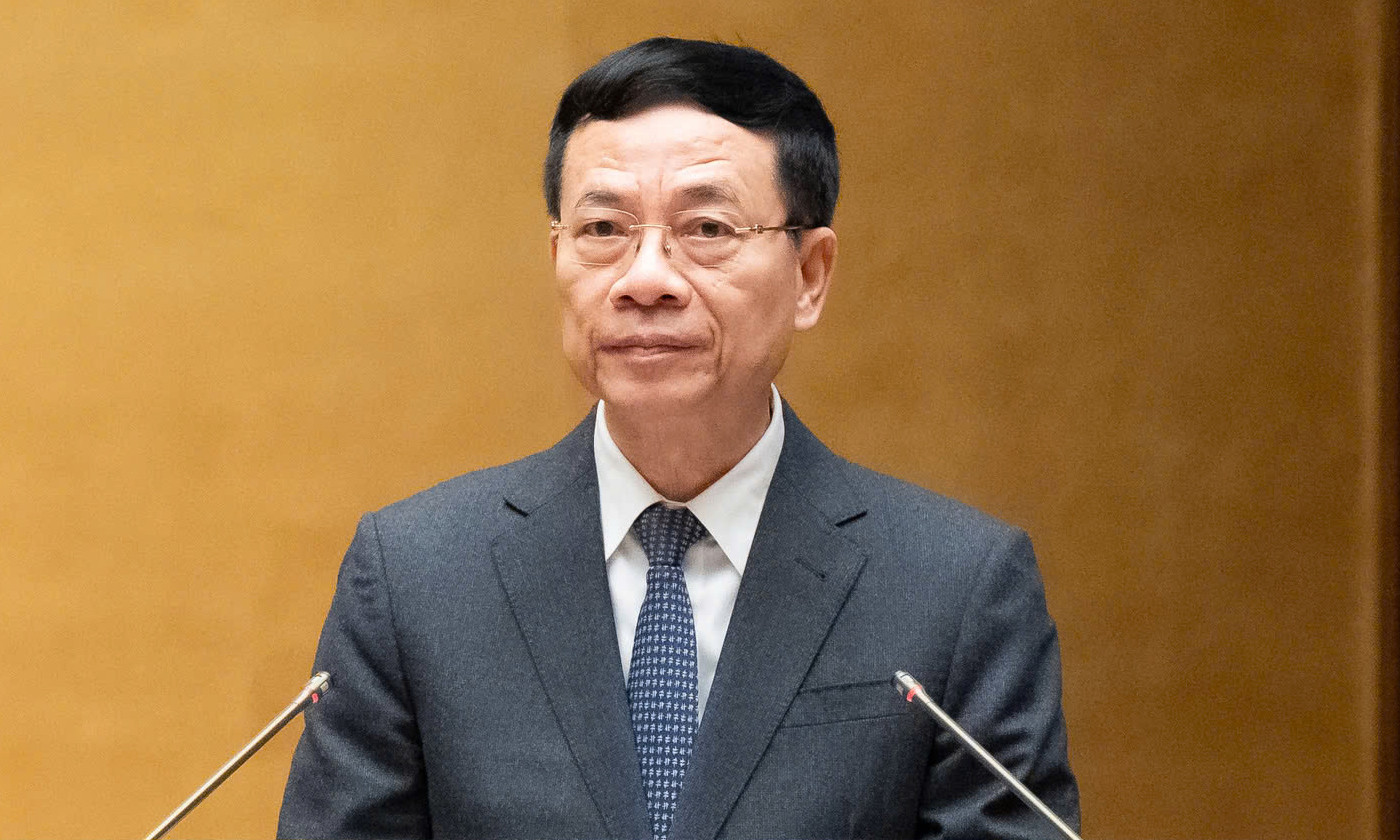
Minister of Science and Technology Nguyen Manh Hung.
Minister Nguyen Manh Hung said that the Law provides systematic and comprehensive measures to balance management and promotion of research, development, deployment and application of artificial intelligence (AI) in Vietnam.
" The Law on Artificial Intelligence puts people at the center with the supreme principle that artificial intelligence serves people, does not replace people, people supervise artificial intelligence in important decisions; artificial intelligence must be transparent, responsible and safe, " Mr. Nguyen Manh Hung emphasized.
The Commander of the Science and Technology sector stated that the draft Law on management of artificial intelligence systems according to risk levels, encourages domestic development of artificial intelligence and autonomy in artificial intelligence, takes artificial intelligence as a driving force for rapid and sustainable growth and ensures national digital sovereignty .
The Government regulates four levels of risk in artificial intelligence development, including: unacceptable (highest level); high risk; medium risk and low risk.
For medium and high risk systems, the supplier must notify the Ministry of Science and Technology. Systems with unacceptable risks are prohibited from being developed, supplied, deployed or used in any form.
The Government also proposed a list of prohibited activities that include systems used for acts prohibited by law, using fake elements to deceive, manipulate and cause serious harm, exploiting the weaknesses of vulnerable groups (children, the elderly, etc.), or creating fake content that seriously harms national security.
According to the plan submitted by the Government, organizations and individuals violating this field will be subject to disciplinary action, administrative sanctions or criminal prosecution. If damage is caused, compensation must be paid according to civil law.
In case of multiple participants (development, supply, implementation), they must jointly compensate. Liability for compensation is determined based on the actual level of control, predictability and risk management measures that each party has applied.
The draft law stipulates a maximum administrative fine of VND2 billion for organizations and VND1 billion for individuals.
For serious violations, the maximum fine can be up to 2% of the organization's turnover in the previous year. In case of repeat violations, the maximum fine is up to 2% of the organization's global turnover in the previous year.
In addition to handling violations, the Government also proposed many policies to support research, investment, and training of high-quality human resources, creating conditions for businesses, organizations, and individuals to participate in the development and application of artificial intelligence.
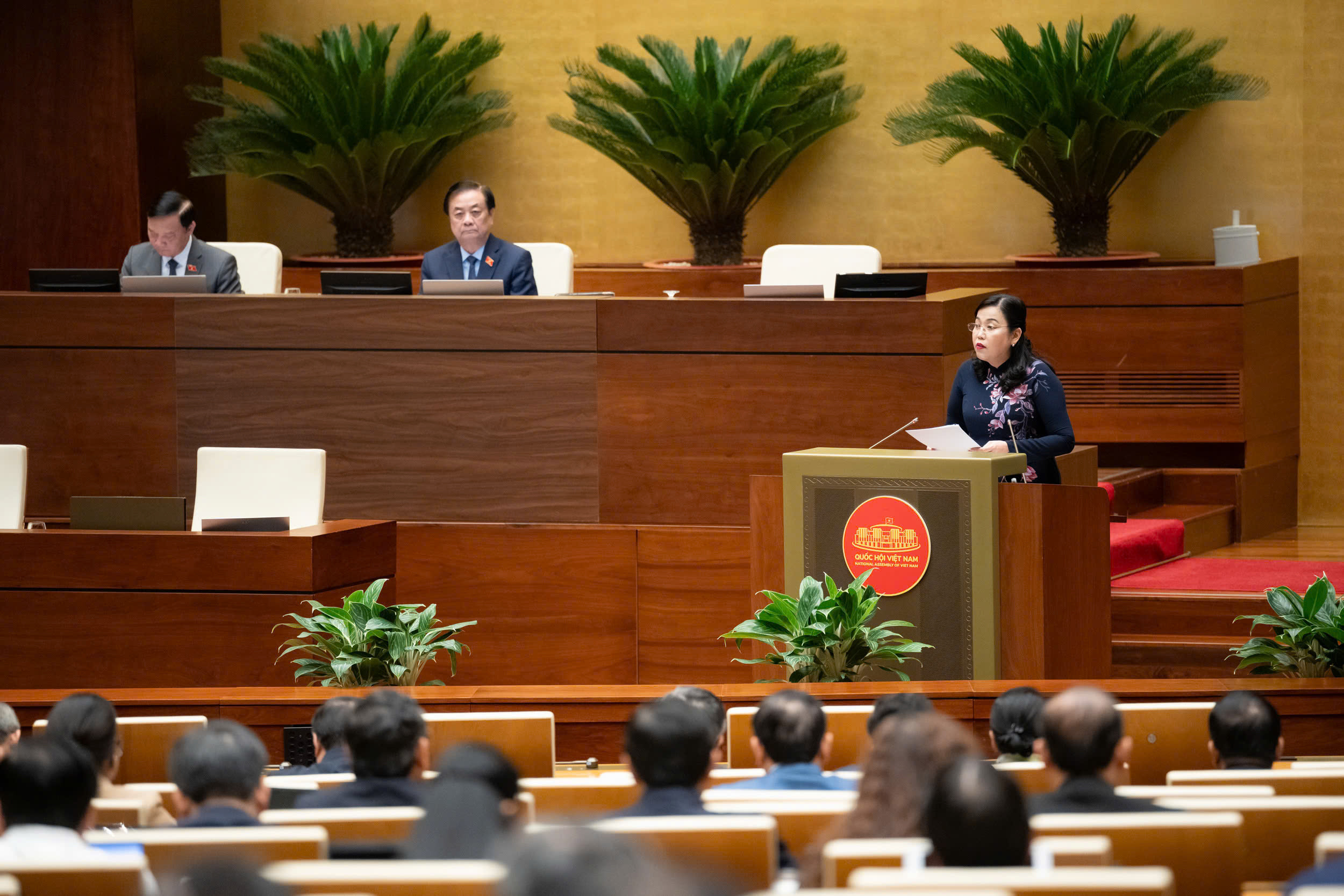
Chairman of the Committee on Science, Technology and Environment Nguyen Thanh Hai presented the review report.
Presenting the review report, Chairman of the Committee on Science, Technology and Environment Nguyen Thanh Hai said that the Committee basically agreed with the classification of risks into 4 levels (low, medium, high and unacceptable risks).
" However, the draft Law has not clearly defined quantitative or qualitative criteria to identify and classify risks, and does not have regulations on management measures, tools and methods for risk assessment, so risk classification and self-classification are difficult, leading to concerns about legal responsibility in implementation ," said Ms. Nguyen Thanh Hai.
Regarding pre-inspection regulations, the audit agency proposed to review and reduce pre-inspection regulations such as requirements for technical documents and operation logs before putting products into circulation, which will increase compliance costs, slow down the process of innovation and AI application, reduce competitiveness and investment attraction, and need to study a strong shift to a post-inspection mechanism.
Regarding the national database of artificial intelligence systems and databases serving artificial intelligence, the Committee on Science, Technology and Environment proposed adding core principles to ensure the quality of data serving AI such as: data must be "correct - sufficient - clean - alive" and shared in a unified manner.
In addition, according to the inspection agency, there needs to be a mechanism for interconnection and data sharing to prevent data from being dispersed, creating bottlenecks in AI research and development; and mandatory principles on ensuring network security, data security and defense for national AI infrastructure, preventing the risk of hijacking and data leakage.
Regarding the legal responsibility of the parties involved, the actions and errors committed by humans can also be performed by AI. Meanwhile, there are many different views on the legal responsibility of AI itself, so it is difficult to determine responsibility in the traditional sense. When an incident arises, it will cause disputes about administrative, civil, and criminal responsibility.
" Therefore, it is necessary to supplement principles to distinguish responsibilities between subjects and related parties, including foreign suppliers, when providing cross-border AI services and distinguish between intentional and unintentional cases or errors due to technical limitations and unforeseeable situations," said the Chairman of the Committee on Science, Technology and Environment.
Regarding prohibited acts, the inspection agency proposed to supplement regulations on prohibited acts to contribute to early identification of violations from the research stage to the deployment of AI use.
This must include the behavior of users, organizations, and individuals who take advantage of AI to perform prohibited acts in the following directions: Prohibiting the use of AI to cause disorder, incite politics, violate national security, manipulate votes and elections; Prohibiting the use of AI to create fake content, create images, video clips to serve fraud, insult honor, dignity, cause division and other bad purposes.
English


![[Photo] National Assembly Chairman Tran Thanh Man holds talks with President of the Senate of the Czech Republic Milos Vystrcil](/_next/image?url=https%3A%2F%2Fvphoto.vietnam.vn%2Fthumb%2F1200x675%2Fvietnam%2Fresource%2FIMAGE%2F2025%2F11%2F21%2F1763715853195_ndo_br_bnd-6440-jpg.webp&w=3840&q=75)

![[Photo] Visit Hung Yen to admire the "wooden masterpiece" pagoda in the heart of the Northern Delta](/_next/image?url=https%3A%2F%2Fvphoto.vietnam.vn%2Fthumb%2F1200x675%2Fvietnam%2Fresource%2FIMAGE%2F2025%2F11%2F21%2F1763716446000_a1-bnd-8471-1769-jpg.webp&w=3840&q=75)

![[Photo] President Luong Cuong receives Speaker of the Korean National Assembly Woo Won Shik](/_next/image?url=https%3A%2F%2Fvphoto.vietnam.vn%2Fthumb%2F1200x675%2Fvietnam%2Fresource%2FIMAGE%2F2025%2F11%2F21%2F1763720046458_ndo_br_1-jpg.webp&w=3840&q=75)
![[Photo] General Secretary To Lam receives President of the Senate of the Czech Republic Milos Vystrcil](/_next/image?url=https%3A%2F%2Fvphoto.vietnam.vn%2Fthumb%2F1200x675%2Fvietnam%2Fresource%2FIMAGE%2F2025%2F11%2F21%2F1763723946294_ndo_br_1-8401-jpg.webp&w=3840&q=75)
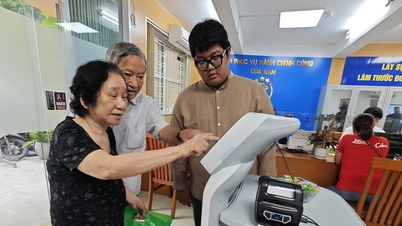

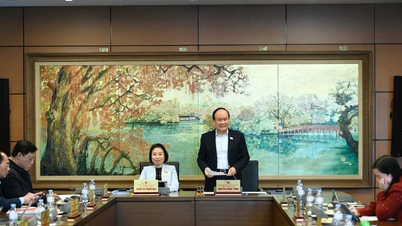

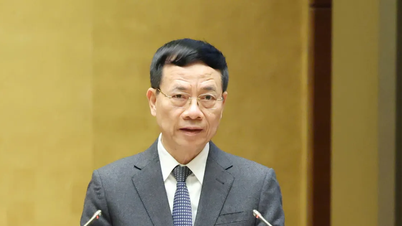

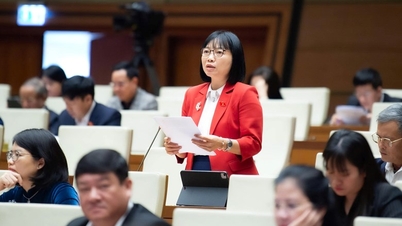

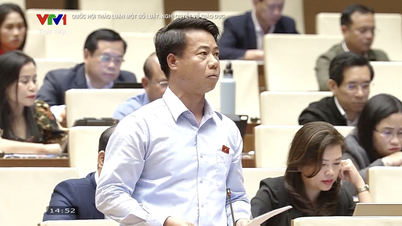















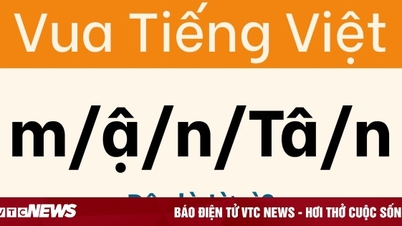

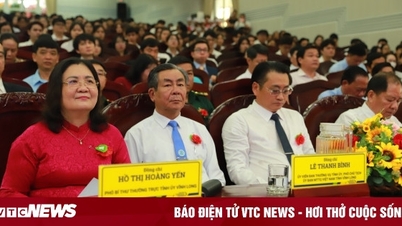
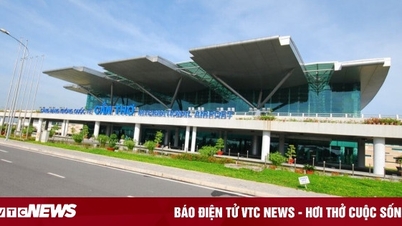
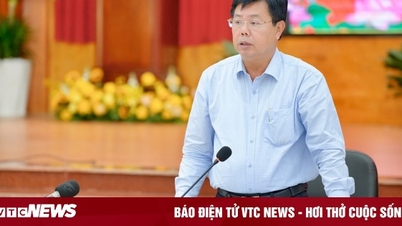























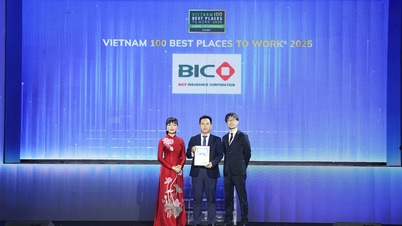


















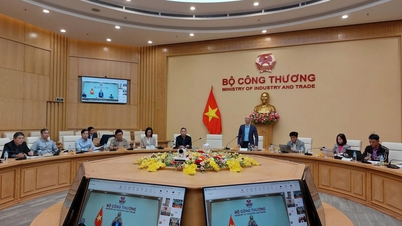

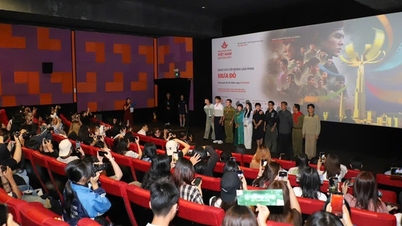



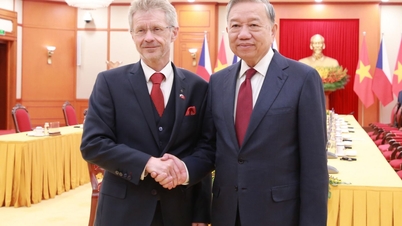

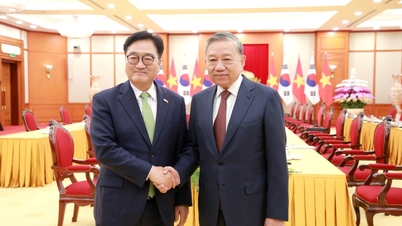


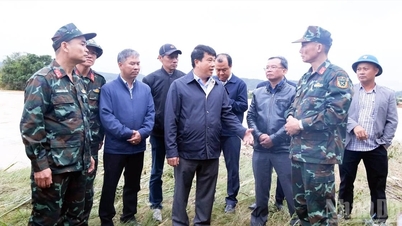
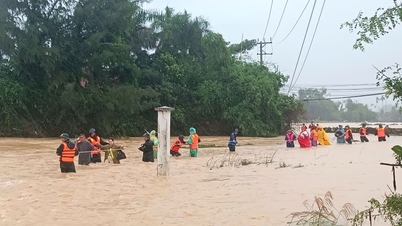


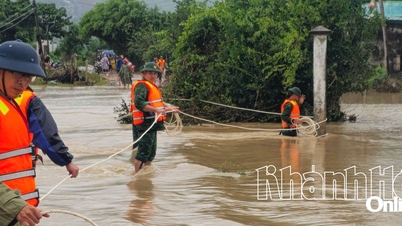
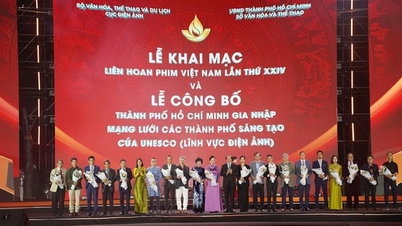











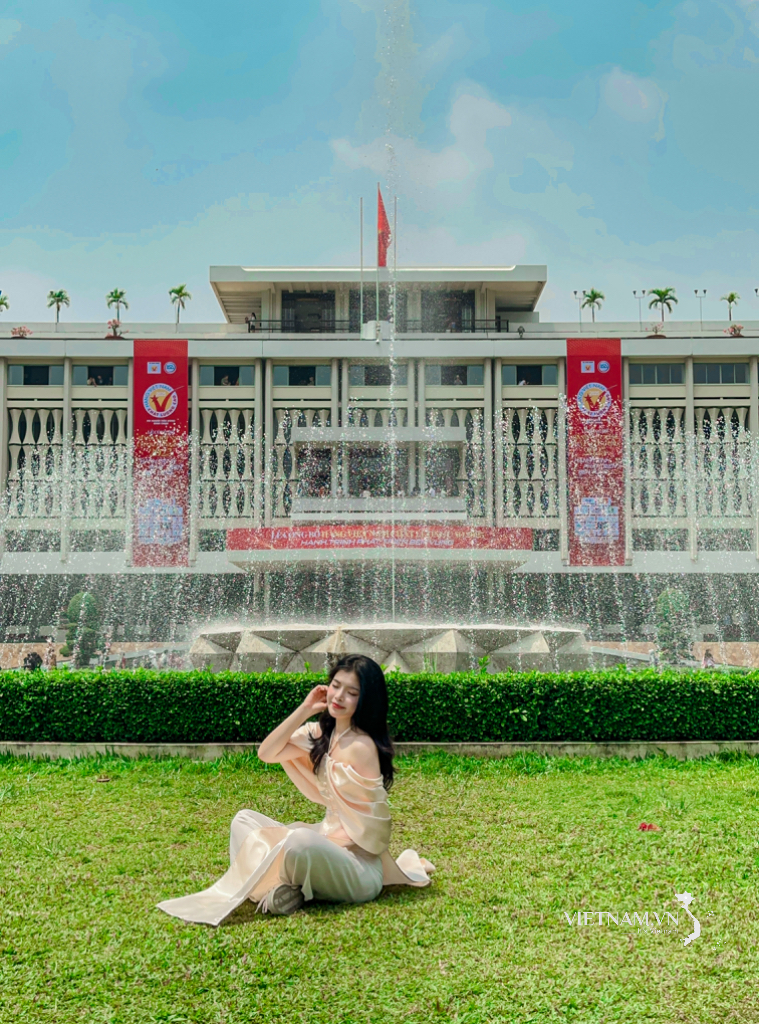



Comment (0)